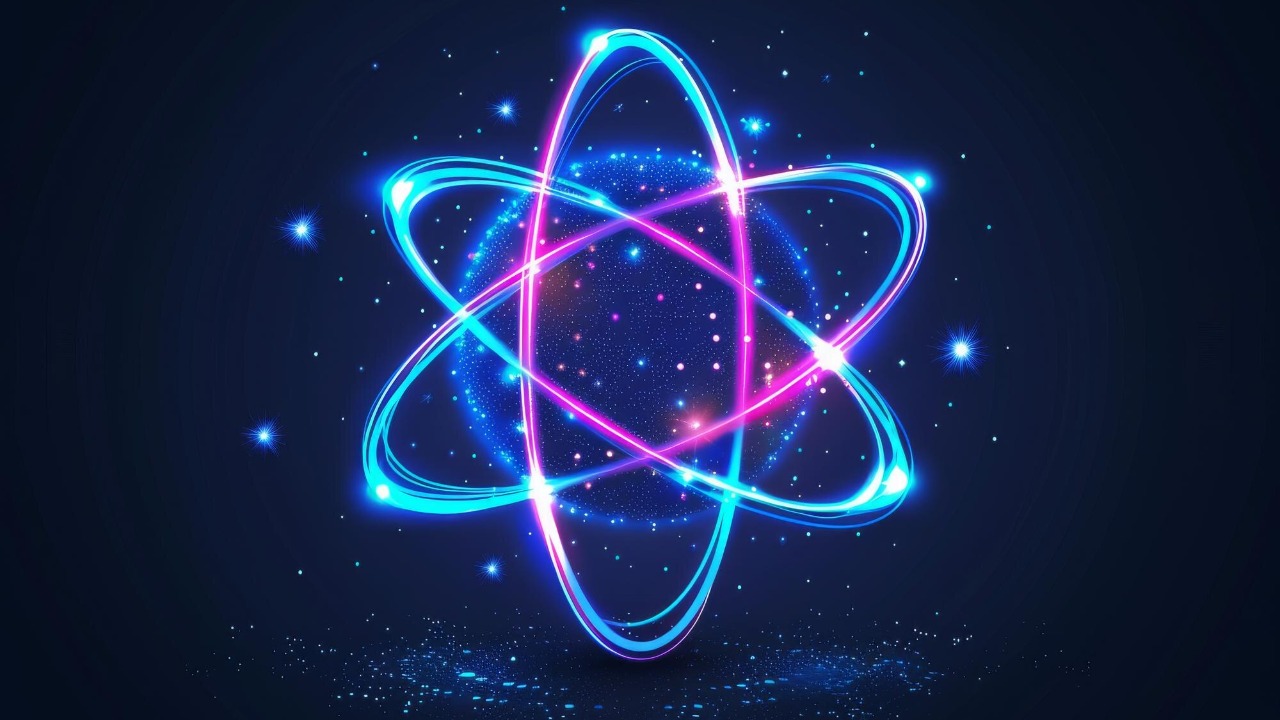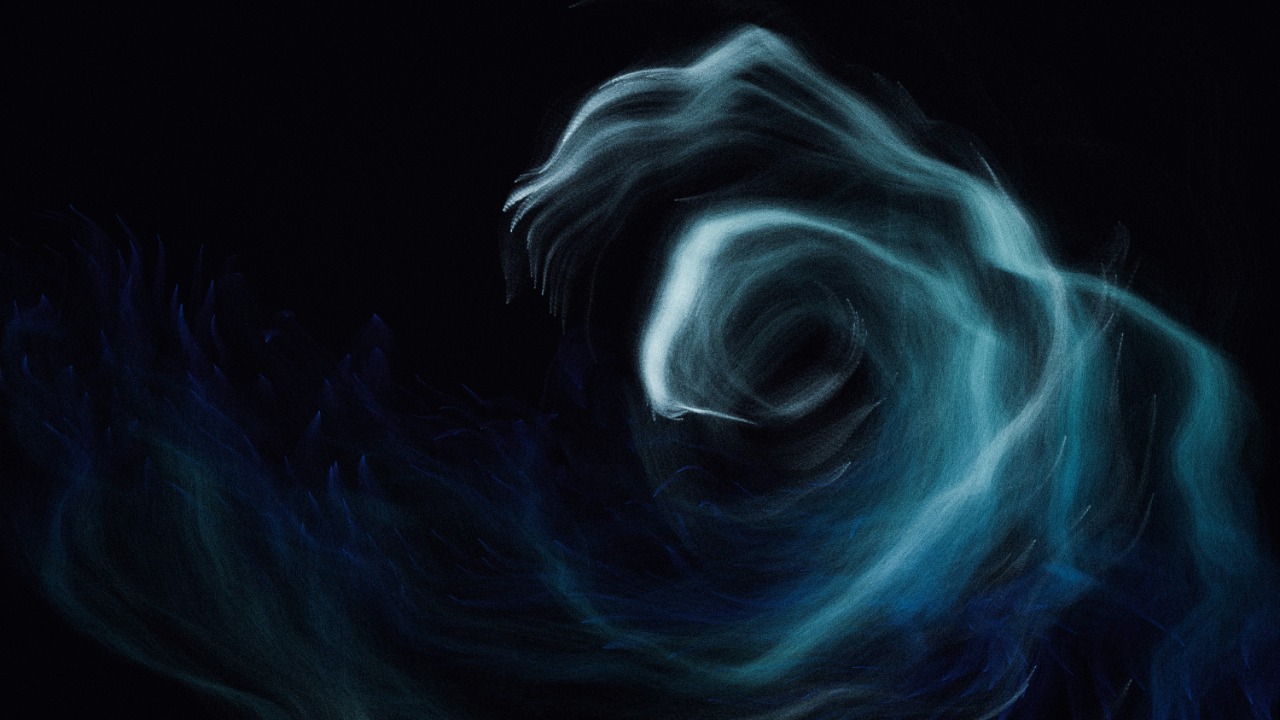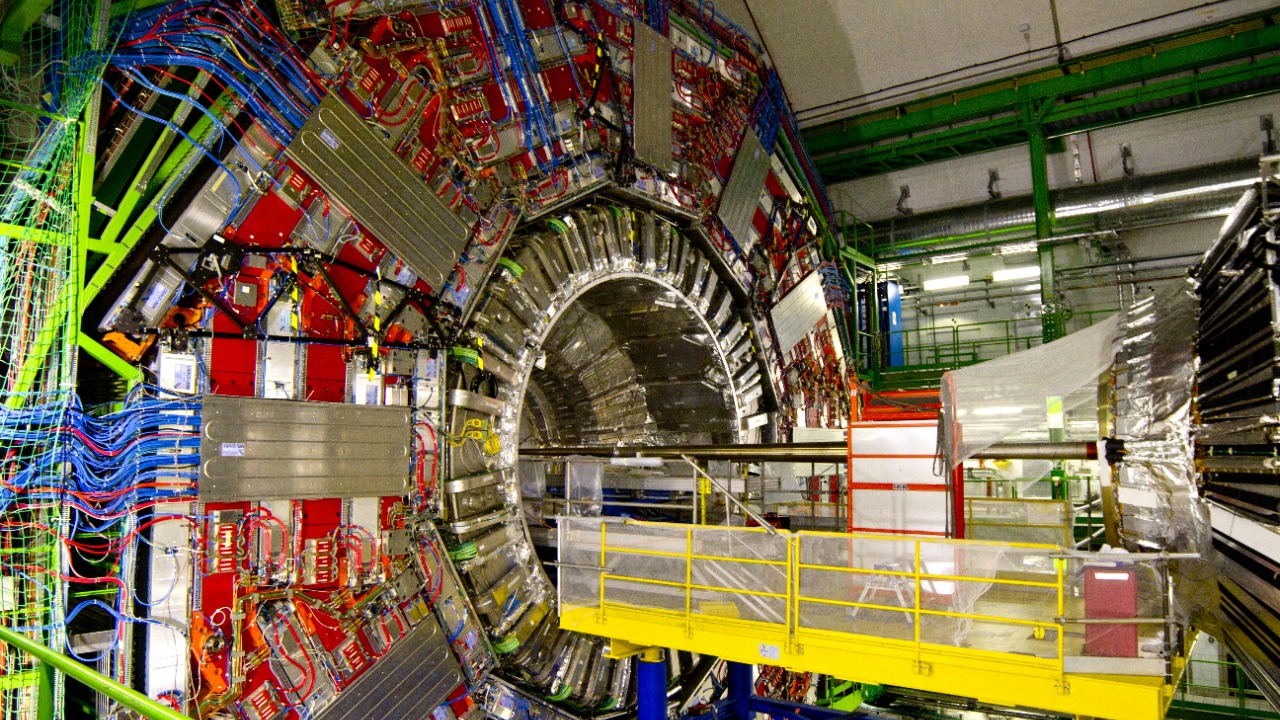
For decades, scientists have been puzzled by the enigmatic “quantum ghosts” that appear in laboratory experiments, leaving researchers scratching their heads. These elusive phenomena, often dismissed as mere anomalies, are now being revisited with fresh insights and advanced technology. Recent breakthroughs may finally provide answers, unraveling the mystery that has long captivated the scientific community.
The Enigma of Quantum Ghosts

Quantum ghosts are perplexing phenomena that have baffled scientists for years. They are elusive, often ephemeral manifestations that occur during quantum experiments, seemingly defying our understanding of quantum mechanics. Unlike other quantum phenomena, such as entanglement or superposition, quantum ghosts are characterized by their unpredictable appearance and the difficulty in measuring them accurately. They often manifest as fleeting signals or unexpected outcomes in quantum experiments, leaving researchers questioning their very nature.
Historically, quantum ghosts first came to light in the early 20th century when pioneering physicists conducted experiments that revealed unexpected results. Despite numerous attempts to explain them, these ghosts resisted categorization. Early theories often fell short, as they were limited by the technology and theoretical frameworks of the time. Notable experiments, such as those conducted by physicists at the forefront of quantum research, highlighted the presence of these anomalies, yet failed to provide a satisfactory explanation.
Over the years, several theoretical frameworks have been proposed to understand quantum ghosts. These include interpretations that attempt to incorporate them into the existing quantum mechanical paradigm. However, these theories have faced significant challenges. The primary difficulty lies in the ghosts’ unpredictable nature, making it hard to fit them into a coherent model. Additionally, the limitations of early quantum theories, which did not account for such phenomena, have further complicated efforts to explain them.
Breakthrough Discoveries

In recent years, groundbreaking research has advanced our understanding of quantum ghosts. New studies have provided clearer evidence of their existence, offering insights into their behavior. For instance, researchers at renowned institutions have conducted experiments that have captured these phenomena under controlled conditions. These experiments have not only confirmed the presence of quantum ghosts but have also shed light on their underlying mechanisms.
Technological advances have played a crucial role in these discoveries. The advent of cutting-edge tools, such as high-precision quantum sensors and advanced computational models, has allowed scientists to probe deeper into the quantum realm. Improved measurement techniques have enabled researchers to capture fleeting signals with greater accuracy, providing a more detailed picture of quantum ghosts. These technological strides have been instrumental in unraveling the mystery surrounding these elusive phenomena.
Moreover, interdisciplinary collaboration has significantly contributed to the study of quantum ghosts. Insights from fields such as computer science and nanotechnology have enriched our understanding of these phenomena. Physicists, working alongside experts from other disciplines, have developed innovative approaches to studying quantum ghosts. This collaborative effort has paved the way for new methodologies and experimental designs, furthering our quest to solve this scientific mystery.
Implications for Quantum Physics

The recent findings on quantum ghosts have profound implications for the field of quantum physics. They challenge existing theories and may necessitate revisions to the standard quantum model. As researchers delve deeper into these phenomena, they are forced to reconsider long-held assumptions about the nature of quantum mechanics. This reevaluation could lead to a more comprehensive understanding of the quantum world, potentially redefining fundamental concepts.
Understanding quantum ghosts could also have a significant impact on the development of quantum computing technologies. As these phenomena become better understood, they may reveal new pathways for optimizing quantum algorithms and enhancing computational efficiency. The ability to harness the unique properties of quantum ghosts could lead to breakthroughs in quantum computing, unlocking unprecedented levels of processing power and transforming industries reliant on computation.
Beyond quantum computing, the broader scientific significance of these discoveries cannot be understated. As researchers continue to explore the implications of quantum ghosts, they may uncover new applications in other areas of science and technology. These findings could inspire future research directions and open up new avenues of inquiry in fields ranging from materials science to information technology.
Challenges and Controversies

Despite the excitement surrounding recent discoveries, skepticism remains within the scientific community. Some researchers question the validity and interpretation of the data, leading to ongoing debates about the nature of quantum ghosts. The challenges of measuring and replicating these phenomena have fueled skepticism, with critics arguing that more evidence is needed to substantiate current claims.
Methodological concerns have also arisen, as some studies have faced scrutiny regarding their experimental designs and data analysis techniques. The importance of replication and peer review cannot be overstated in validating findings related to quantum ghosts. Researchers must address these concerns to build a robust body of evidence that can withstand scientific scrutiny.
Moreover, the study of quantum ghosts raises ethical and philosophical questions. The manipulation of quantum phenomena to explore these mysterious entities prompts discussions about the implications of such research. Philosophical debates about the nature of reality and our understanding of the quantum world are integral to the discourse surrounding quantum ghosts. These discussions challenge our perceptions and encourage deeper reflection on the fundamental principles that govern the universe.